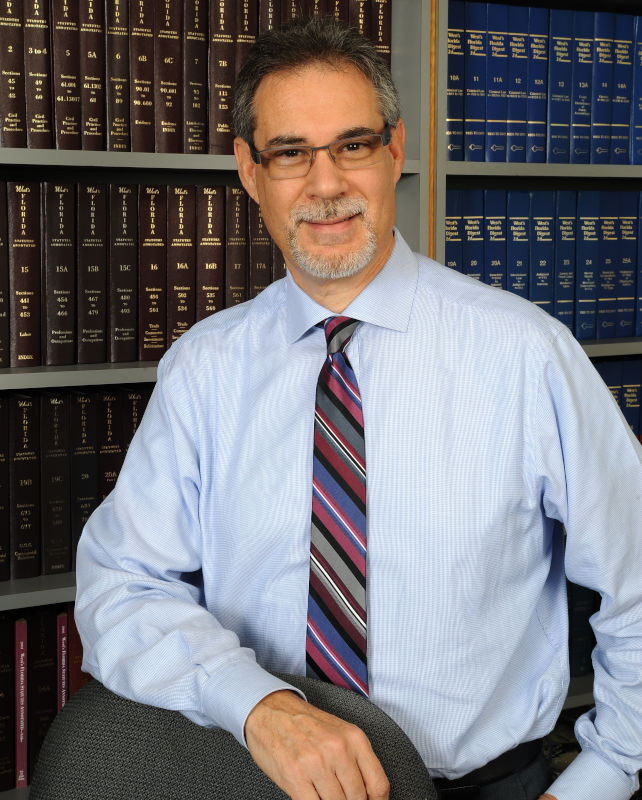Sooner or later we all die. It will happen to me, and as upsetting as it may be to think about, it will happen to you, too. It’s simply a fact. And while we don’t know when or how death will occur, we hope the end comes peacefully when we are very old, surrounded by those we love, having lived a long and good life. No one lives forever. Death is a part of life, yet most people find the topic very difficult to think about and especially hard to discuss with others.
Talking about what will happen to your family when you pass away can be a very emotional subject. And as with all emotionally-charged subjects, it is often easier to ignore. Or think about later. Is estate planning on your “to do” list? Perhaps you are superstitious. Can just talking about something make it more likely to happen?
It is common for me to learn that new clients have taken months, often years, from the time they first started thinking about estate planning to when they called our office to schedule a consultation. For many, life provides a burst of motivation encouraging you to take care of matters sooner rather than later. Perhaps a health scare, or a vacation overseas? It may also be seeing the aftermath of a tragedy or the death of a friend or family member. Without proper planning, a grieving family is left to clean up the legal and financial mess left behind after the death of a loved one, during a very emotional time. Is that the last “gift” you want to leave to those you love?
So how do you prepare to face what may happen to your family after you are gone? Is it necessary to have a will, a durable power of attorney, or other estate planning documents? The best place to start is by educating yourself as to what estate planning is. There are many websites devoted to wills, trusts, and other documents that you can explore. Take a look at our website and blog at www.idenlaw.com. By learning about the subject, it may be easier to discuss your needs. It won’t make you an expert, but when you consult an attorney you will be better prepared to formulate questions, which leads to the next step.
Consider contacting an estate planning attorney to arrange a consultation. Many estate planning attorneys do not charge for this initial meeting. Keep in mind that you need to feel comfortable and at ease with the attorney and office staff you select. Chemistry is important, as are qualifications . Find someone you trust. Remember not all attorneys specialize in estate planning; some just dabble. Ask questions. Do your research. Look for competence and shared values.
Life can change in an instant. What are you waiting for?





